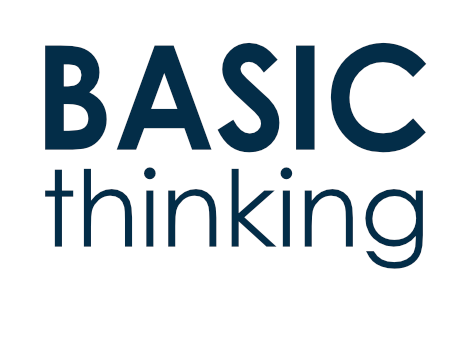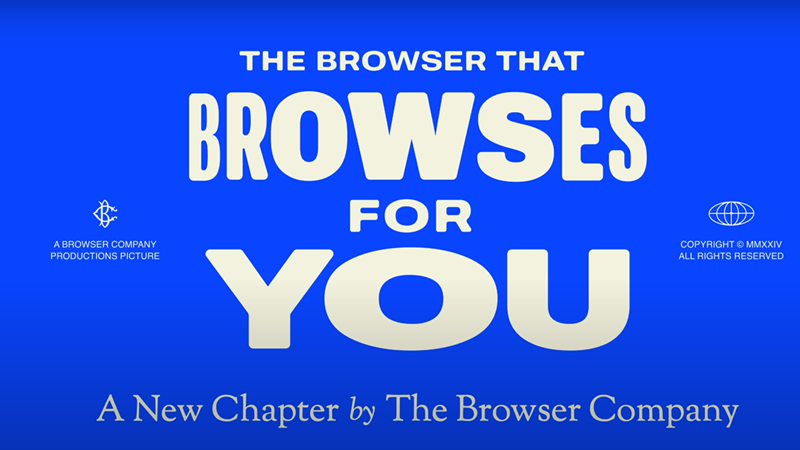Interessante Analogie, die John H. Lienhard in WHAT PEOPLE SAID ABOUT BOOKS IN 1498 zwischen der Geschichte des Buchdrucks und der jungen Geschichte der IT-Technik baut.
Er kommt zum Ende seiner Betrachtung auf drei persönliche Prinzipien:
The answer lies in riding the present so that it turns into a decent future. I’ll finish by suggesting that we let three principles guide us as we try to do that.
1.) Seek out our ignorance. I believe it was poet Wallace Stevens who said, To impose is not to discover. We have to identify what it is we don’t know. The troublemaker in times like this is the expert, confident in his ability to read the crystal ball. The beginning of wisdom is delineating our own ignorance.
2.) Good people make good machines. Bad people make bad machines. That simplistic message comes at me again and again in everything I learn about technological change. Technology lies right next to the human heart. If we create a good future with our machines, it will be because we’ve genuinely cared about the people we’ve served as we’ve worked.
3.) Don’t try to plan the future. We cannot plan what cannot be predicted. We cannot adhere to long-term plans in a shifting technological climate. All that does is to delay inevitable change until it has to occur catastrophically instead of by evolution. What we can do is create a flexible present so the future can bend and follow a path that’ll come out in a good place.




















